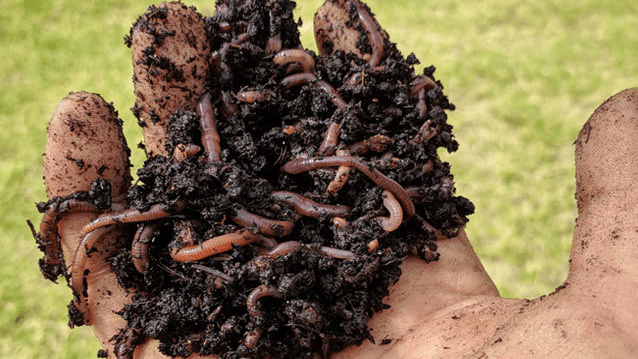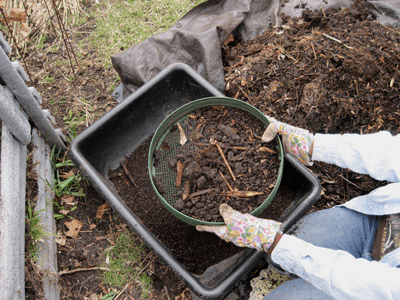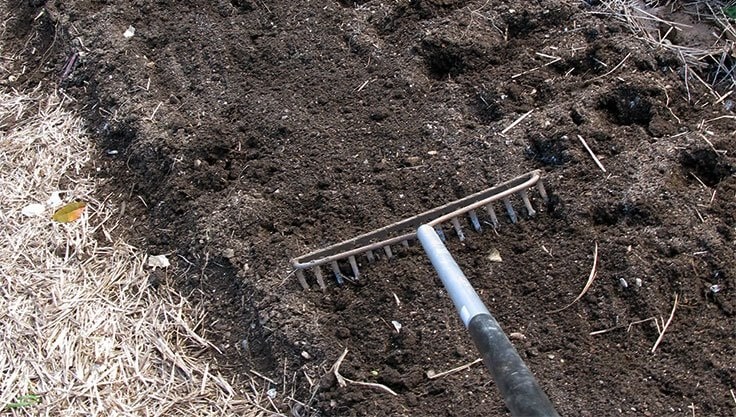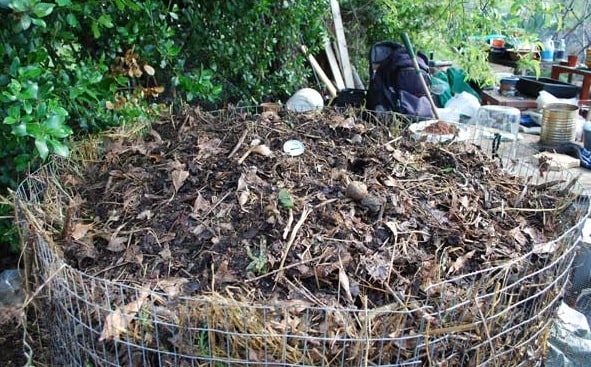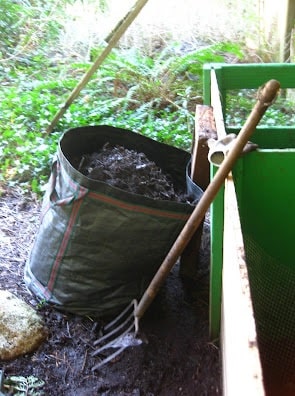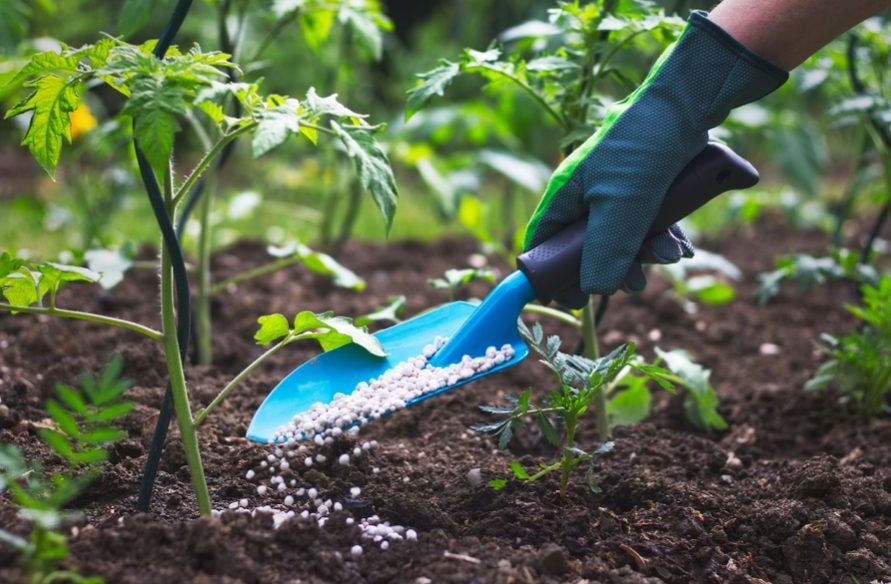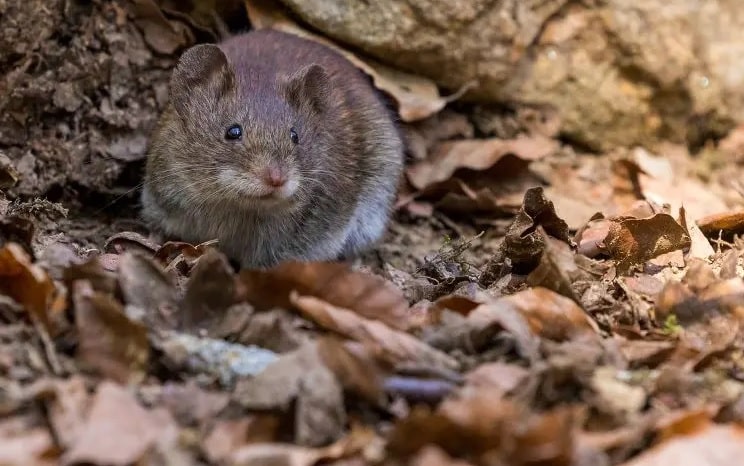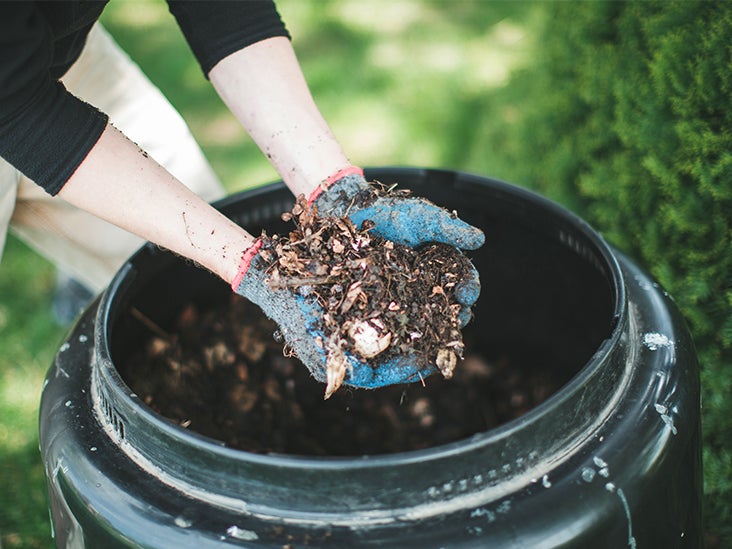
You don’t have a garden and want to reduce your waste by composting? There is a solution: vermicomposting! If you have plants to feed, a shared garden or a gardener neighbor who can use your precious compost, embark on this ecological adventure!
Contents
What is vermicomposting?
Vermicomposting, or vermicomposting, is the process of creating compost through the action of earthworms, also known as compost worms, whose strains are Eisenia Andrei and Eisenia fetida.
These worms feed on organic matter and produce a very high quality black compost as well as compost tea.
The degradation of organic waste is done in a compartmentalized device, called a vermicomposting machine. Vermicomposting is easier and faster than traditional garden composting and requires less work. In fact, the worms work for you! You don’t have to worry about watering or stirring. You don’t have to worry about the development of the worm population. They regulate their population according to the space and food available. A vermicomposter takes up little space and is easily installed on a balcony, even a small one, or indoors. After 4 to 6 months, you can harvest your first vermicompost.
The advantages of making your own compost
Making your own compost is a fabulous idea that is easy to put into practice! It is a real plus for your garden, your plants, the taste of your fruits and vegetables, for the environment and chances are you will be very proud of yourself!
First of all, composting allows you to reduce your household waste by 30% to 50%. By stopping throwing your precious organic matter in the garbage (peelings, bread crumbs, egg shells…), you are doing something positive for the planet. And nature gives you back a natural product that is so useful: compost. The benefit is double!
A valuable garden amendment
The compost produced from your waste is of excellent quality, very rich in nutrients, 100% natural and free. It can be used to repot indoor plants and flowers. In the garden, place a handful of compost in the planting hole of your vegetable plants, shrubs, fruit trees… It will boost their growth, improve the soil structure and give you beautiful fruits and vegetables. No need to buy and carry bags of potting soil, you have everything at hand!
Reconnect with Nature
By reusing your waste, you reconnect with nature, with the natural cycle of organic matter and create a virtuous circle. This responsible act allows you to become aware of your environmental impact. And if you get caught up in the game, why not try to reach zero waste? It is also an educational activity for children. Marvel with them at the perfection of nature, help them better understand waste, its classification and how it can be reused. In addition, you will feel responsible for the little worms that need to be fed and cared for! Some vermicomposters combine the useful with the pleasant by offering integrated spaces to plant vegetables, flowers, herbs… The juice of the compost produced feeds the plants directly without any manual intervention.
Don’t worry, if your vermicompost is working well, it won’t smell bad. The worms remove the odors by breaking down the waste. Finally, it’s perfectly fine to go on vacation. In fact, a healthy vermicomposting bin can be self-sufficient for up to a month before the worms suffer. Before you leave, simply give them a good amount of kitchen waste
What can be composted?
Most kitchen waste: vegetable and fruit peelings, tops, cores, bread crumbs, crushed egg shells, coffee grounds, tea and herbal tea bags, coffee filters. You can also compost sawdust, vacuum cleaner bag dust, hair and unvarnished nails. Pre-cut everything before putting it in the worm bin. Worms don’t have teeth, so their food must be soft or broken up into small pieces for them to ingest. Try to vary your food intake! Like us, worms like variety in their meals. It is necessary to also bring moistened (and always cut into small pieces) cardboard, paper, egg cartons, toilet paper rolls or compostable paper bags. These contributions reduce the acidity of the composter, so feared by the worms. Nothing is thrown away, everything is transformed! On the other hand, do not put citrus peelings (lemons, oranges, grapefruits…), nor onions, garlic and shallots (worms hate them). Animal remains (meat, fish, seafood…), animal litter, dairy products are not compostable either. Also avoid potato peelings.
Using your compost
Compost is a precious ally for the gardener. Very rich in nutrients and organic minerals, it is excellent for plant growth. All plantations can benefit from it: potted plants, vegetables, herbs, flower beds, fruit trees, shrubs, lawns…
Moreover, its texture allows to improve the soil structure in the long term. Nutritious mulch You can use compost as a mulch. It will protect the soil (and thus the roots of the plantations) from the cold in winter and from the dryness in summer.
First, hoe and weed your soil, then spread the compost in a 3 to 5 cm thick layer at the foot of shrubs, roses, fruit trees or vegetable plants. Soil regenerator Compost is a wonderful soil amendment: it enriches the soil, improves its stability and fertility and promotes microbial life. As it decomposes in the soil, it slowly and progressively provides plants with the minerals they need: nitrogen, potassium, phosphorus. Moreover, it lightens heavy and clayey soils and allows sandy soils to better retain water and nutrients.
Spread it at the foot of your plants, then incorporate it by lightly scratching and watering. You can also mix it with the soil when planting. For your potted plants, remove about 2 cm of soil and replace it with vermicompost, then water.
You can also feed the lawn by spreading compost on the ground after scarification. You cannot burn the roots of the plants with compost. Natural liquid fertilizer Worm composters have a tap to collect compost tea, a brown liquid that is produced by the decomposition of organic matter. This liquid is excellent for fertilizing plants.
Very concentrated, dilute 1 volume of compost tea in 10 liters of water before watering your plants.


